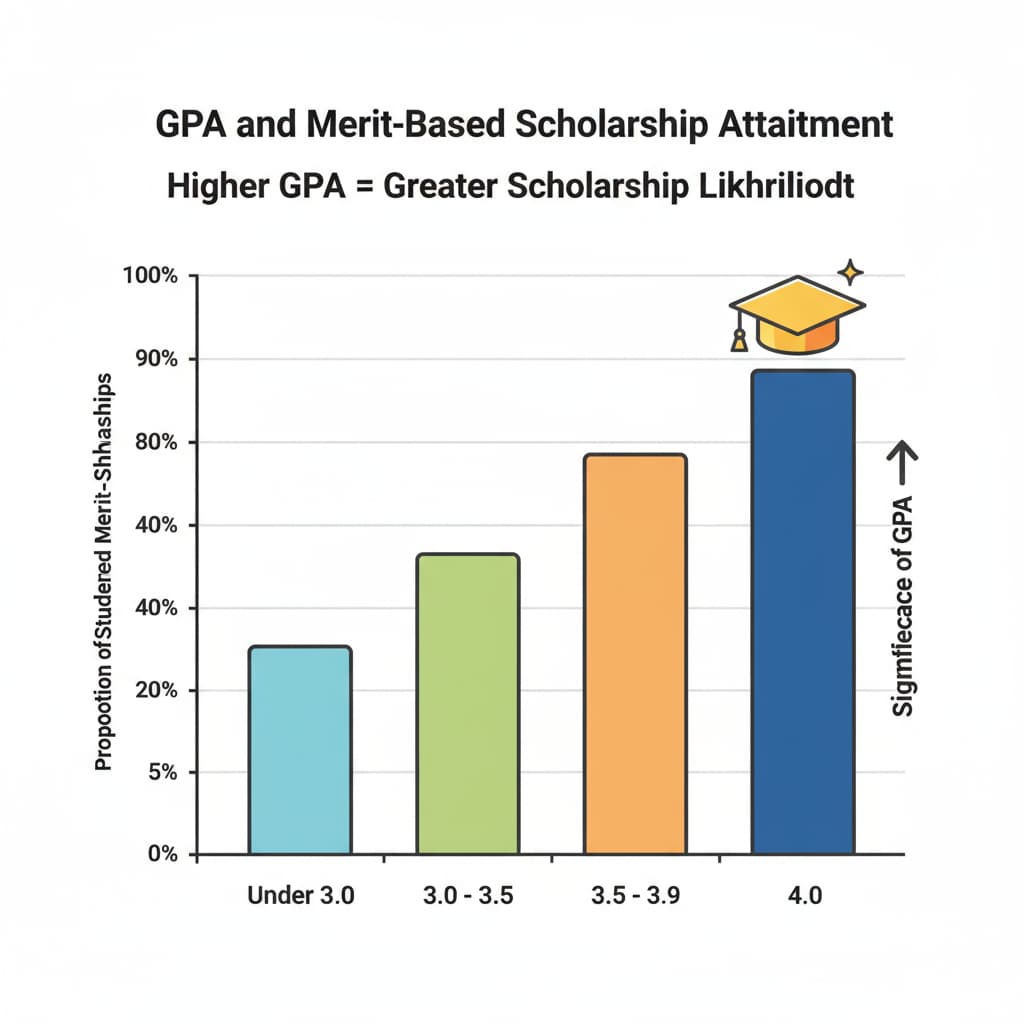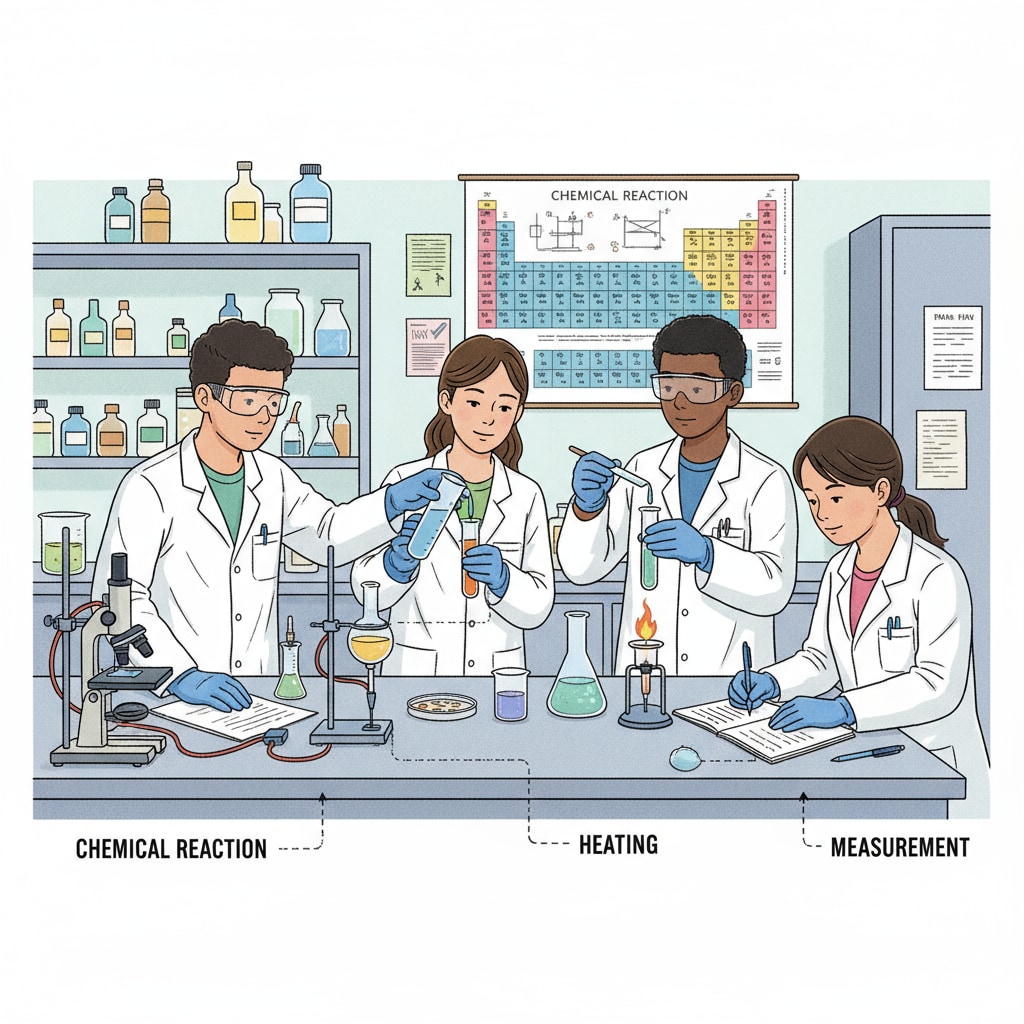In the competitive landscape of scholarship applications for K12 students, the age-old debate of GPA, scholarships, technical skills, and priorities looms large. Students often find themselves at a crossroads, wondering which aspect holds more weight in the eyes of scholarship committees. This article aims to shed light on this complex issue, providing valuable insights and practical strategies.
The Significance of GPA in Scholarship Applications
GPA, or Grade Point Average, is a numerical representation of a student’s academic performance over a specific period. It serves as a key indicator of a student’s dedication to learning, ability to grasp academic concepts, and overall intellectual capabilities. For many scholarship providers, a high GPA is often seen as a fundamental requirement. Grade Point Average on Wikipedia For instance, merit-based scholarships typically prioritize students with exceptional academic records. These scholarships are designed to reward students who have excelled in their studies, and a high GPA is a clear testament to their hard work and academic achievements.

The Role of Technical Skills in Scholarship Considerations
Technical skills, on the other hand, refer to the practical abilities and expertise that students acquire through hands-on experiences, extracurricular activities, or specialized training. In today’s rapidly evolving world, scholarship committees are increasingly recognizing the importance of these skills. For example, in fields such as science, technology, engineering, and mathematics (STEM), having strong technical skills can set a student apart from their peers. Scholarships in these areas often seek candidates who not only have a solid academic foundation but also demonstrate practical application of their knowledge. Technical Skill on Britannica

It’s important to note that different types of scholarships have varying评判 criteria. Some scholarships may place a greater emphasis on GPA, while others may prioritize technical skills or a combination of both. For example, need-based scholarships may consider a student’s financial situation in addition to their academic and practical achievements. Therefore, it’s crucial for students to carefully research and understand the requirements of each scholarship they are applying for.
So, how can students balance academic成绩与实践经验? One strategy is to set clear goals and priorities. Students should identify their long-term aspirations and determine which skills and achievements are most relevant to their future plans. For example, if a student is interested in pursuing a career in engineering, they may want to focus on developing strong technical skills in addition to maintaining a high GPA. By aligning their efforts with their goals, students can make the most of their time and resources.
In addition, students can seek out opportunities to gain practical experience while still maintaining a focus on their academics. This could include participating in internships, volunteer work, or extracurricular activities related to their field of interest. These experiences not only help students develop valuable technical skills but also demonstrate their commitment and initiative to scholarship committees.
Readability guidance: As we’ve seen, both GPA and technical skills play vital roles in scholarship applications. By understanding the relative importance of each factor and implementing effective strategies to balance them, students can increase their chances of success. Remember, it’s not just about achieving a high GPA or having impressive technical skills; it’s about presenting a well-rounded profile that showcases your potential and dedication. So, take the time to assess your strengths and weaknesses, set clear goals, and work towards achieving them. With the right approach, you can navigate the scholarship application process with confidence and secure the funding you need to pursue your dreams.


